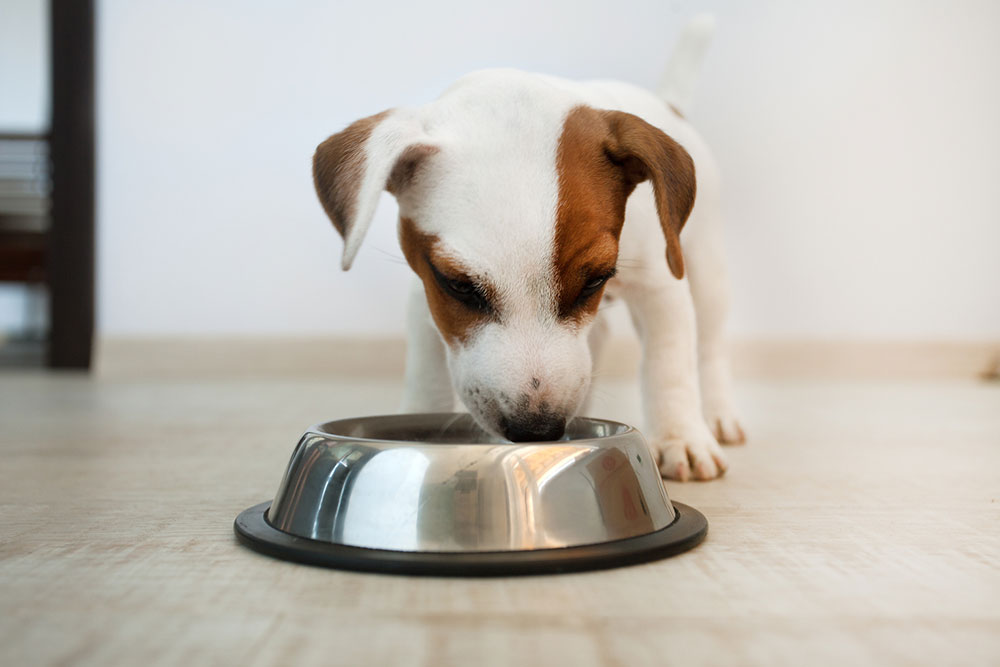Things every dog owner should know about dog food allergies
You must have tried special shampoos, altered grooming routine and also tried medications; but your dog has not stopped itching, scratching or biting fur. But have you considered working on your pet’s diet?
Similar to humans, dogs too have food allergies. Dogs can experience severe itching, irritation, swollen face, among others due to food allergies. There is no age bar in dogs for developing food allergies.
Symptoms of dog food allergies
Your dog may have developed food allergies if you notice the below symptoms.

- Itchy skin
Allergic dermatitis or itchy skin is one of the common outcomes of dog food allergies. The irritation of itchy skin can occur in various parts of the dog’s body such as ears, paws, rear end and stomach. - Hives
Hives are primarily itchy red bumps. These are also known as urticaria. Hives may surface within 6 to 24 hours if your dog consumes any food which he or she is allergic to. If the hair or fur of your dog is short, they are easily visible. - Stomach trouble
Gastrointestinal issues such as gas, vomiting, and diarrhea are also the outcomes of dog food allergies. - Swollen face
Dog food allergies can lead to swelling of lips, eyelids, or ear flaps. - Paw infections
Sometimes your dog may have repeated infections in his or her paws or ears. These are the result of certain sensitivity towards certain food ingredients.
What are the common allergens?
Every dog owner should understand the difference between food sensitivity and food allergies. The prime difference is food allergy triggers an immediate immune system response. But the reaction of food sensitivity is gradual.
Most of the common allergens which trigger food allergies in dogs include chicken, beef and dairy products. On the other hand, corn, wheat, rice, barley and oats are some of the less common allergens.
What are the treatments for dog food allergy?
You will be happy to know that most dog food allergies can be managed with the help of changing their food. Below is a list of few methods which usually adopted towards the management of dog food allergy.
- Allergy testing
Similar to humans, fighting food allergies in pets is a time-consuming exercise. Testing a major part of the treatment of dog food allergy. Your vet might suggest you to undergo certain tests to find out the cause of the food allergy. - Elimination diet
Under controlled environment, your vet will suggest feeding certain food items to your dog. This will help you understand the type of food your dog is allergic to. The goal is to eliminate such food from your pet’s diet. This is one of the successful ways of managing food allergies among dogs. Try to execute it with professional help. This will help you get better results and you need to do it correctly. - Medications
If your dog has developed any long-term symptoms, your vet will prescribe medications to ease out the influence of symptoms of the condition.

